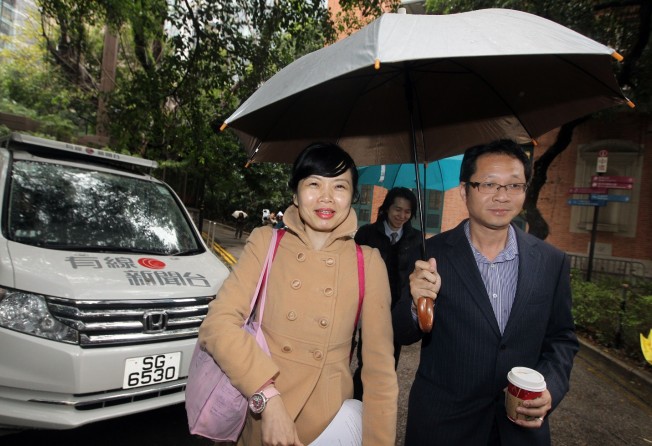Top court's CSSA ruling a sound defence of our constitution
Cliff Buddle says ruling against denying new migrants social welfare payments upholds equality and our constitutional rights

One of the reasons an independent judiciary is so important is that it enables judges to apply the law freely and fearlessly in sensitive cases involving the government. That spirit of independence was on display this week when the Court of Final Appeal ruled the policy of denying new migrants comprehensive social security allowance (CSSA) payments for seven years unconstitutional.
The unanimous decision is courageous. It signals that the court will be rigorous in protecting rights embedded in the Basic Law, even in the areas such as social welfare where judges have traditionally feared to tread. This is a welcome development.
It is a controversial ruling. Some fear it will spark a fresh influx of mainland migrants. Then there is the argument that social welfare policy is a matter for the government - not the courts.
Such concerns miss the point. Judges have a duty to ensure that constitutional rights are upheld. This sometimes requires them to scrutinise government policy. As the court was at pains to point out, it is not for judges to formulate the policy. Their job is to ensure the government has acted within the law. In this case, the law had been broken.
Put simply, the court found that if the government wishes to restrict the right to social welfare, it must have a good reason. The justifications put forward for denying CSSA to new migrants for seven years were inadequate, the judges said. The judgment was carefully framed in terms of the law. But running through it was a strong sense of moral outrage.
The case was brought by Kong Yunming, 64, whose sad story underlined the injustice of the restriction. She came to Hong Kong to join her husband, but he died the day after her arrival. She was ejected from his public housing flat and ended up sleeping on the street.
Mr Justice Roberto Ribeiro slammed the government's approach. It was effectively telling potential migrants with the right to come to Hong Kong they had better stay at home if they were poor. This, he pointed out, conflicted with the government's declared aim of promoting family unity, as many of those affected came to Hong Kong to join a husband or children.
A suggestion by the government that new arrivals could rely on help from charities was described by the judge as "objectionable" and an abdication of its constitutional responsibility for social welfare. Officials, it seems, have sensibly decided to accept this judgment rather than seeking a reinterpretation of the Basic Law from Beijing.
The seven-year restriction was formulated in 2003 at a time of deficit and downturn. Hong Kong's circumstances have changed. The plight of new arrivals denied the most basic support is simply not acceptable in our wealthy city.
Some have said that the decision will be divisive, as it fails to draw a distinction between new arrivals and permanent residents. But the ruling upholds equality and inclusiveness rather than discrimination and isolation. It can only further social cohesion.
At heart, it is a decision that upholds rights. It concerns the rights of new migrants today - but it could be the rights of us all tomorrow.
Cliff Buddle is the Post's editor, special projects